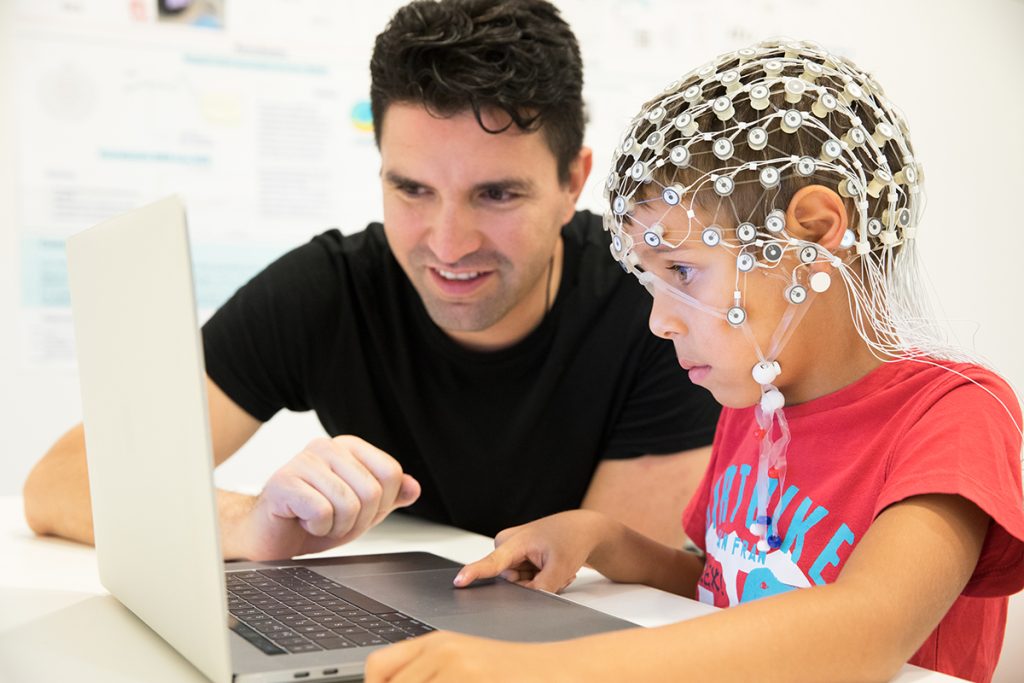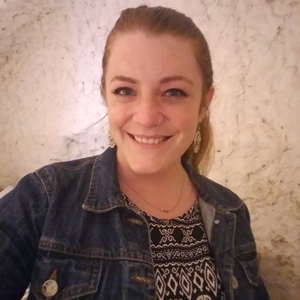Laboratorio de Neurociencia Cognitiva del Desarrollo
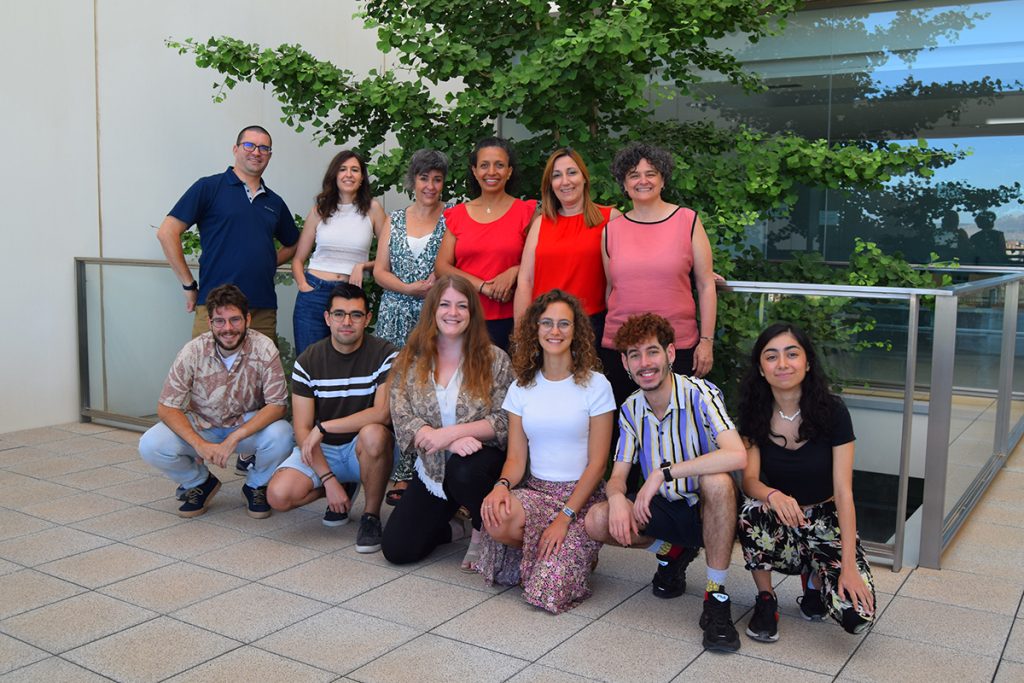
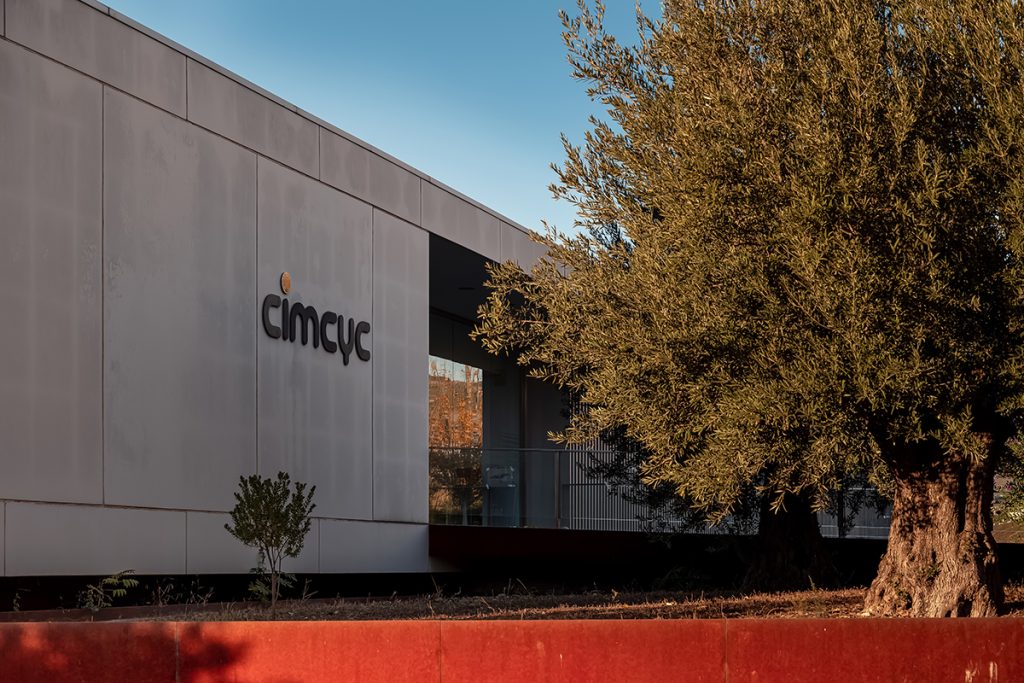
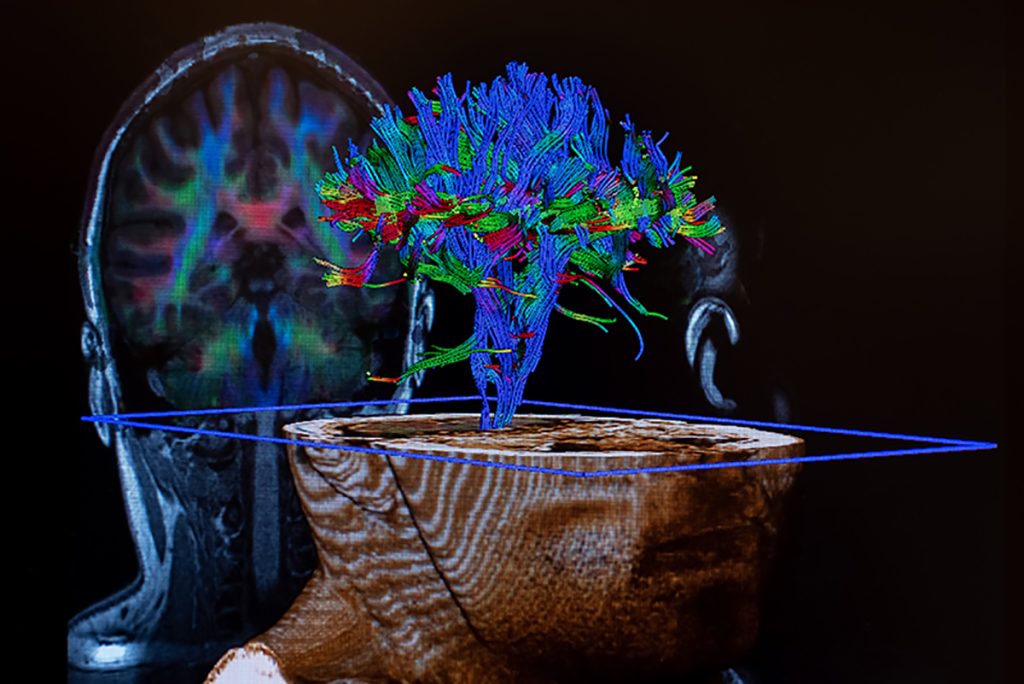
LabNCd
El LABORATORIO DE NEUROCIENCIA COGNITIVA DEL DESARROLLO está ubicado en el Centro de Investigación Mente, Cerebro y Comportamiento (CIMCYC) de la Universidad de Granada. En este laboratorio estudiamos el desarrollo de la mente y el cerebro con un enfoque en la atención y los procesos de autorregulación. Utilizamos una variedad de métodos cognitivos y tecnología de imágenes cerebrales, que incluyen EEG de alta densidad, seguimiento ocular y resonancia magnética.

Equipo
Charo es Catedrática de Psicología en la Universidad de Granada. Completó el doctorado en Granada y pasó varios años como investigadora postdoctoral en el Departamento de Psicología de la Universidad de Oregón y el Instituto Sackler de Psicobiología del Desarrollo en Nueva York. Tiene un amplio interés en comprender el desarrollo de la cognición humana y los factores constitucionales y educativos que le dan forma.
Nines es profesora de Psicobiología en la Universidad de Granada. Ha participado en varios proyectos de investigación sobre los mecanismos neuronales del aprendizaje y la memoria. Actualmente es psicóloga sanitaria, especialista en atención a la primera infancia y transtornos del neurodesarrollo. Está interesada en el estudio del desarrollo de la atención y la cognición social en edades tempranas y es miembro de la Clínica de Psicología de la Universidad de Granada (CP-UGR).
Ángela es Profesora Ayudante en la Universidad de Granada donde realizó su doctorado sobre el desarrollo temprano de la atención ejecutiva. Durante su doctorado, pasó varios meses en el Centro para el Desarrollo Cerebral y Cognitivo (Universidad de Londres). Está interesada en comprender el desarrollo neuro-cognitivo de la atención ejecutiva durante la infancia y la niñez desde una perspectiva multidimensional, incluido el uso de EEG, seguimiento ocular y métodos conductuales.
Lina es investigadora postdoctoral en la Universidad de Granada. Está interesada en el estudio del desarrollo de la atención y la autorregulación y cómo potenciar la función cognitiva de los niños a través del entrenamiento cognitivo. Lina ha co-fundado Neuromindset, una Spin-off certificada por la Universidad de Granada comprometida con el desarrollo de herramientas basadas en la ciencia para mejorar la atención y las funciones ejecutivas de los niños.
Mariel completó su doctorado en Psicología en Argentina y un segundo doctorado en Ciencias de la Educación en la Universidad KU Leuven (Bélgica). Actualmente trabaja en el LadNCd con una beca postdoctoral María Zambrano. Mariel se ha especializado en el uso de enfoques de aprendizaje automático para la predicción temprana del desarrollo atencional y la autorregulación. Mariel también tiene un nombramiento como Investigador Asociado en el Consejo Nacional de Investigaciones de Argentina.
Sebastián completó su Máster en Neurociencia Cognitiva y del Comportamiento en la Universidad de Granada. Está empleando el seguimiento ocular para estudiar el desarrollo del control de la atención visual durante la infancia y la niñez temprana, teniendo en cuenta tanto los factores temperamentales como los ambientales. En su tiempo libre le gusta devorar series, planificar futuros viajes, comprar plantas innecesarias y salir de copas con los amigos. También pasa tiempo jugando con machine learning y los modelos de deep learning.
Josué es candidato a doctorado en la Universidad de Granada en el programa de Neurociencia Cognitiva y Afectiva. Está aplicando la teoría de grafos y otros métodos matemáticos al análisis de datos de EEG de alta densidad. Está interesado en comprender cómo la actividad cerebral está relacionada con la aparición de procesos cognitivos en los bebés, así como la modulación debida a factores ambientales y educativos. A Josué le encanta el humor absurdo, correr y escuchar canciones de antaño.
Alana completó el máster en Psicología de la Intervención Social en la UGR en 2021, donde estudió la asociación entre el nivel socioeconómico, el impacto de la pandemia de COVID-19 y el desarrollo de funciones ejecutivas en niños pequeños. Ahora está completando un segundo máster en Neurociencia Cognitiva y del Comportamiento. Alana está interesada en la interacción entre las influencias sociales y biológicas en los procesos cognitivos y el desarrollo.
Antiguos alumnos
- Kepa Paz-Alonso, Post doc. Juan de la Cierva
- Puri Checa, Doctorado
- Alicia Abundis Gutiérrez, Doctorado
- Ángela Hoyo Ramiro, Doctorado
- Joan Paul Pozuelos, Doctorado
Investigación
Equipos
Laboratorio
Nuestro laboratorio está ubicado en la planta baja del Centro de Investigación Mente, Cerebro y Comportamiento (CIMCYC) de la UGR (Laboratorio 24, planta 0). Disponemos de salas de ensayo y control experimental, así como sala de espera/juego con acceso a un patio con un hermoso árbol de ginkgo biloba. Además, tenemos acceso a salas y equipos adicionales de prueba/evaluación disponibles para el personal del CIMCYC.
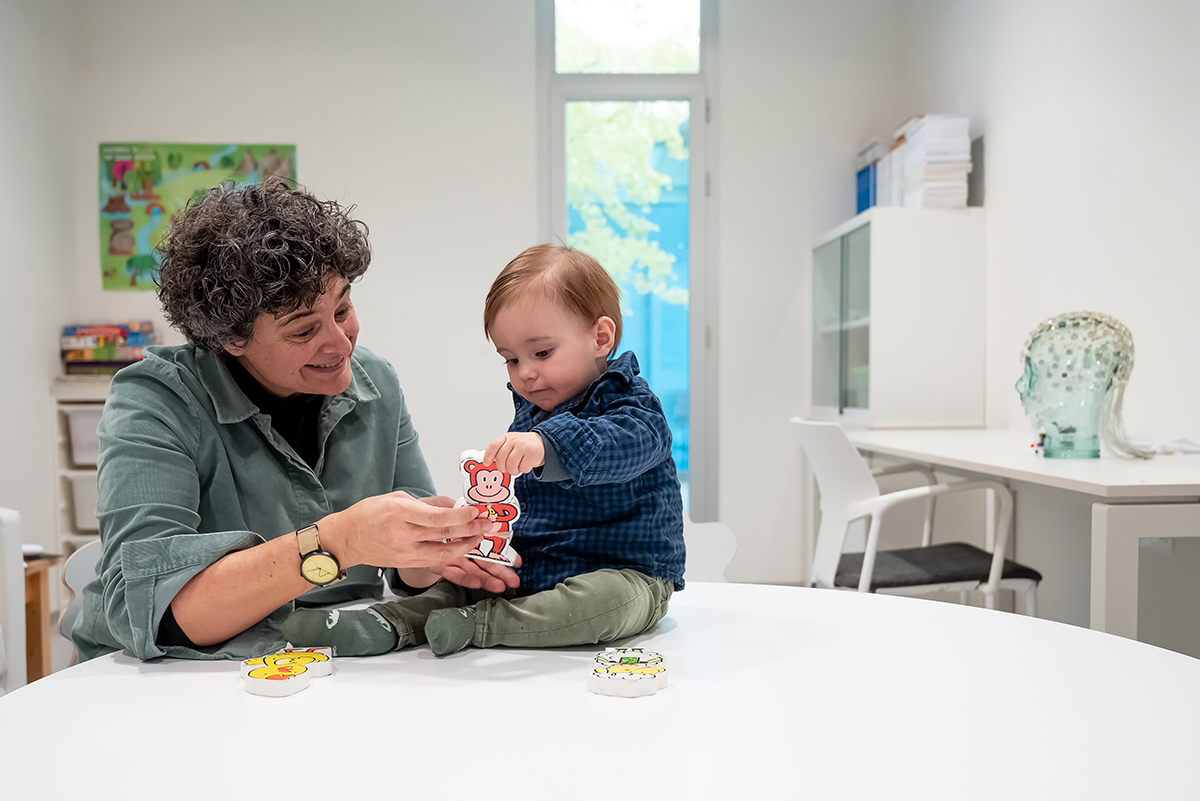
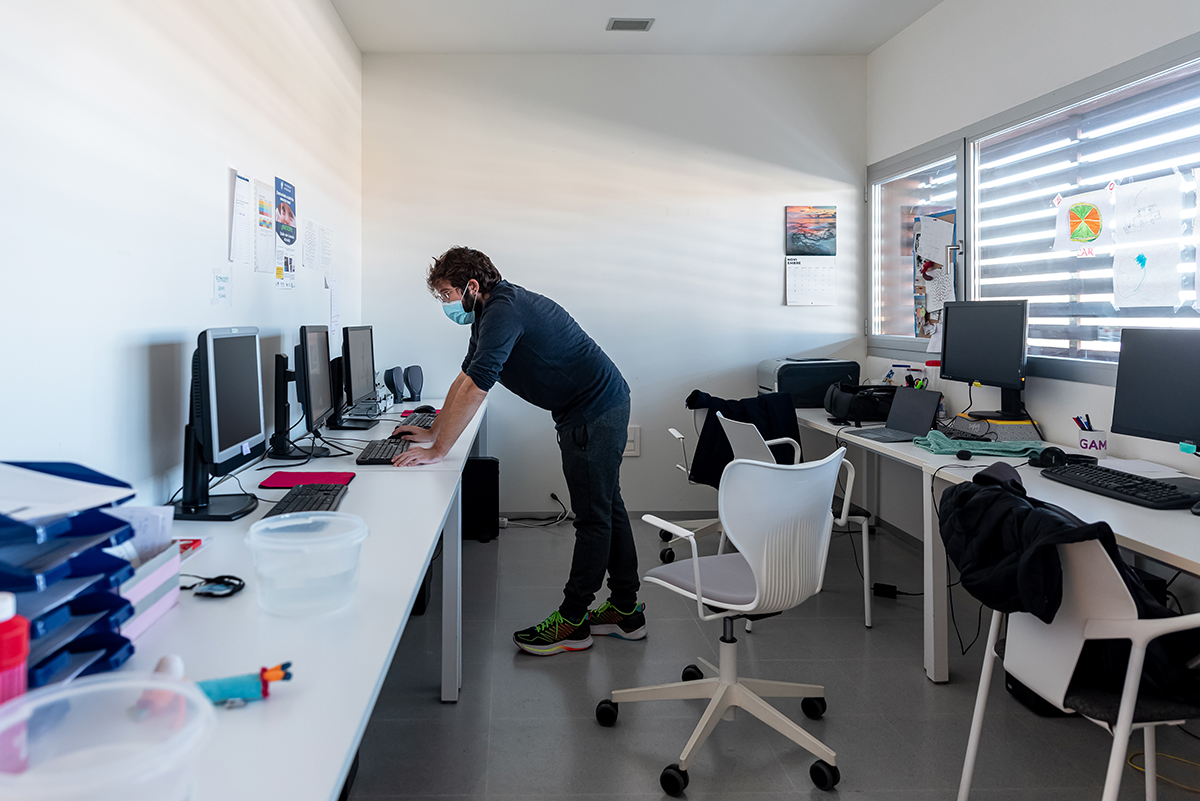
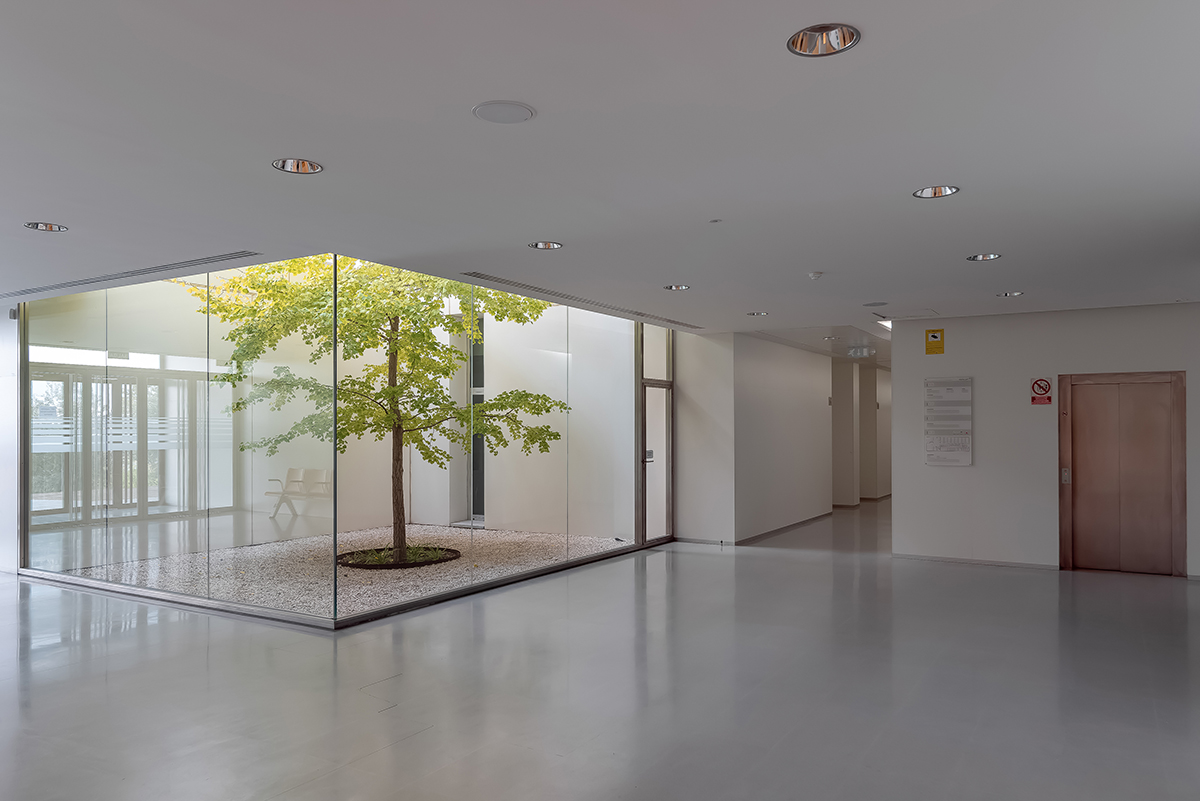
Equipo de EEG de alta densidad
Tenemos acceso a un sistema de electroencefalografía que se puede utilizar con redes de hidrogel de 128 canales. Estas redes son fáciles de usar con bebés y niños, así como con adultos. EEG se utiliza para medir señales eléctricas originadas por las neuronas a través de electrodos ubicados en la superficie de la cabeza. Es una tecnología muy segura ampliamente utilizada en estudios de neurociencia cognitiva con poblaciones pediátricas.
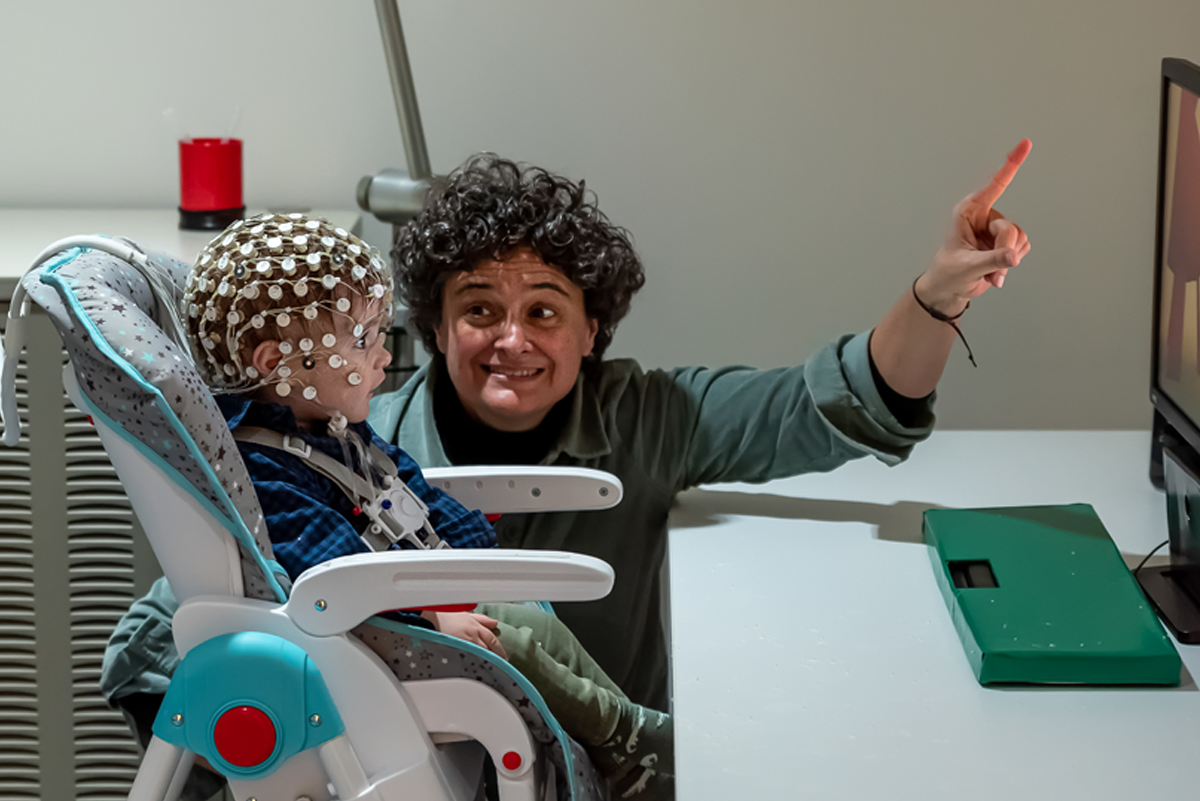
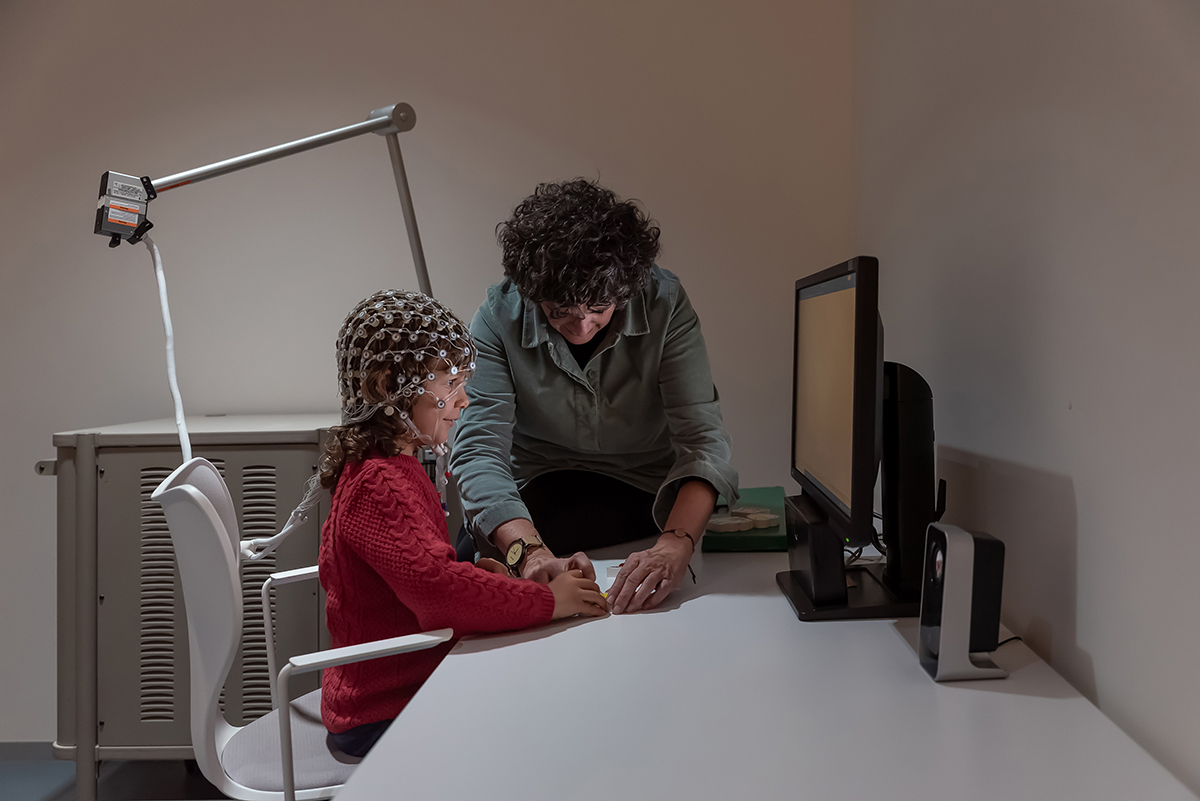
Escáner de resonancia magnética
El CIMCYC está equipado con un escáner de resonancia magnética 3T Siemens Magnetom Prisma que se encuentra en la planta baja. El escáner está disponible para la investigación de imágenes pediátricas. Con esta tecnología podemos crear imágenes 3D de alta resolución de la estructura cerebral en pocos minutos. También podemos medir la activación cerebral (niveles de consumo de oxígeno de distintas regiones) en reposo o ligada a la realización de tareas dentro del escáner.

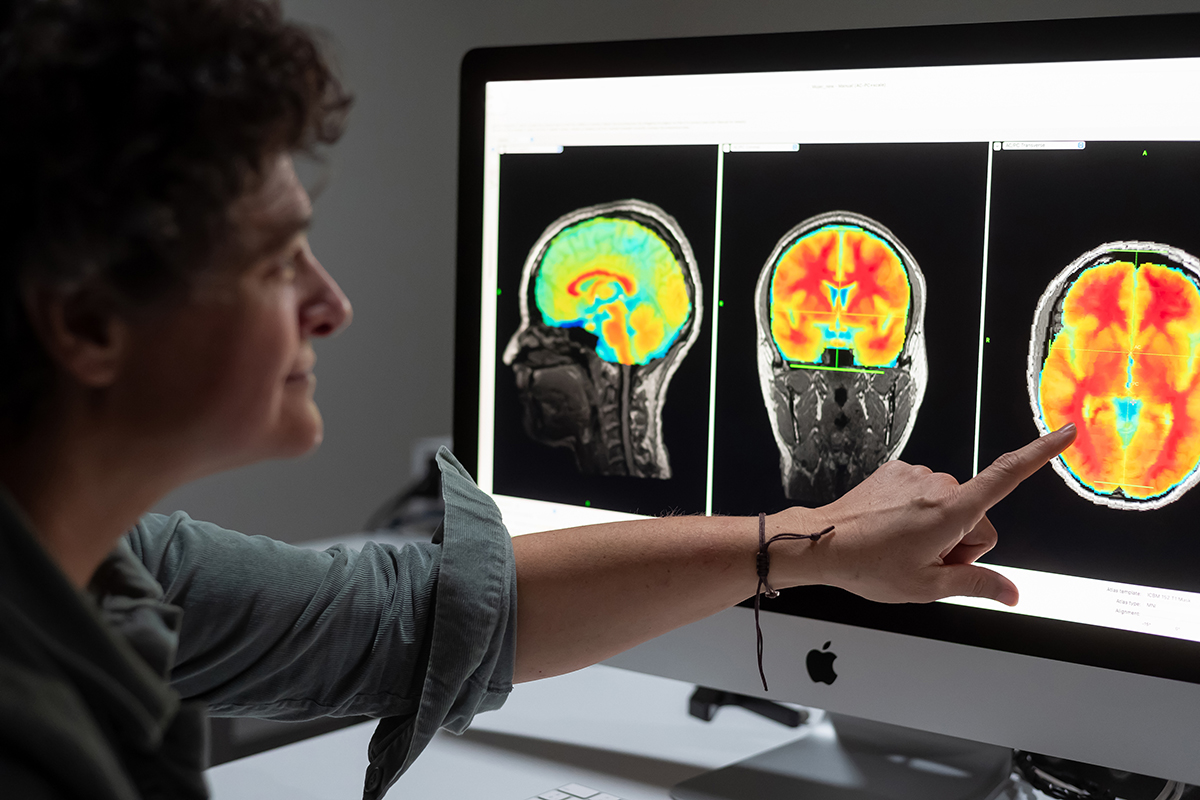
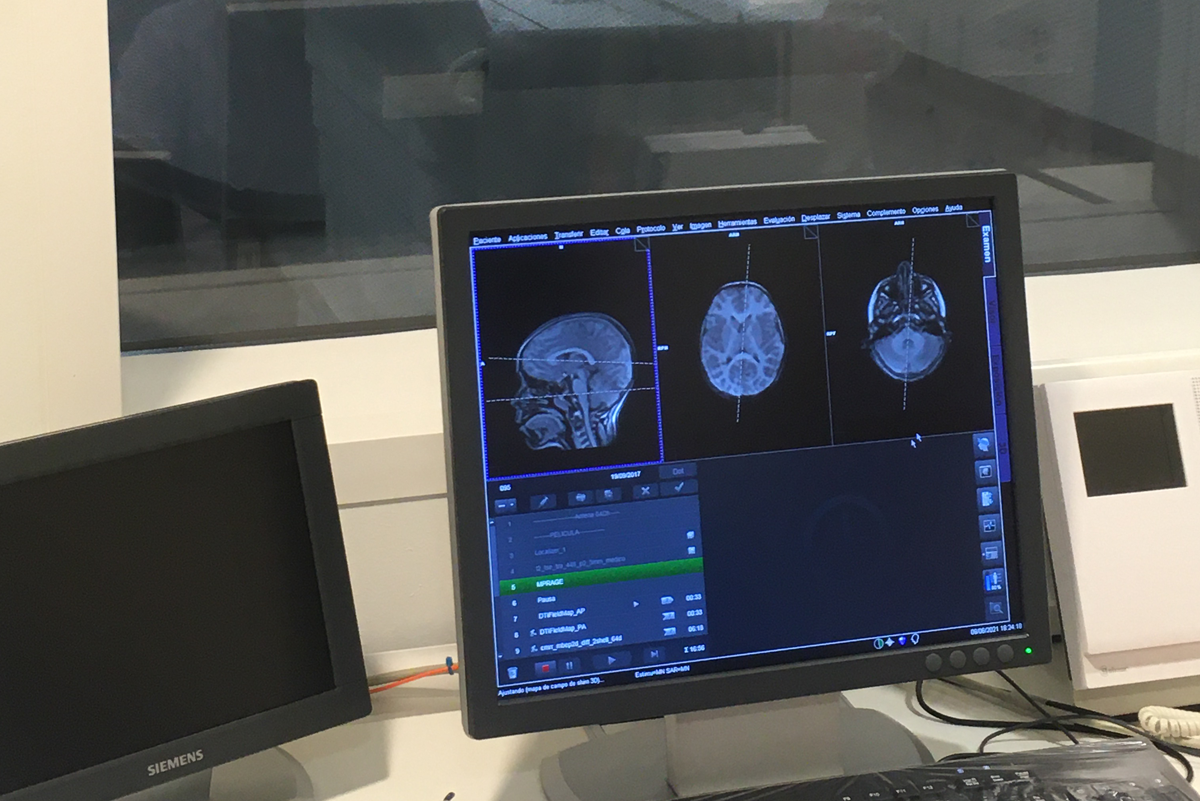
Dispositivos de seguimiento ocular
Utilizamos tecnología de seguimiento ocular para monitorear la mirada en bebés y niños. El seguimiento de los patrones de mirada es muy útil para estudiar la atención y las habilidades de aprendizaje de los bebés. Esta tecnología proporciona medidas precisas de la dirección y la fijación de la mirada, la latencia sacádica y la dilatación de la pupila en las condiciones experimentales mostradas.
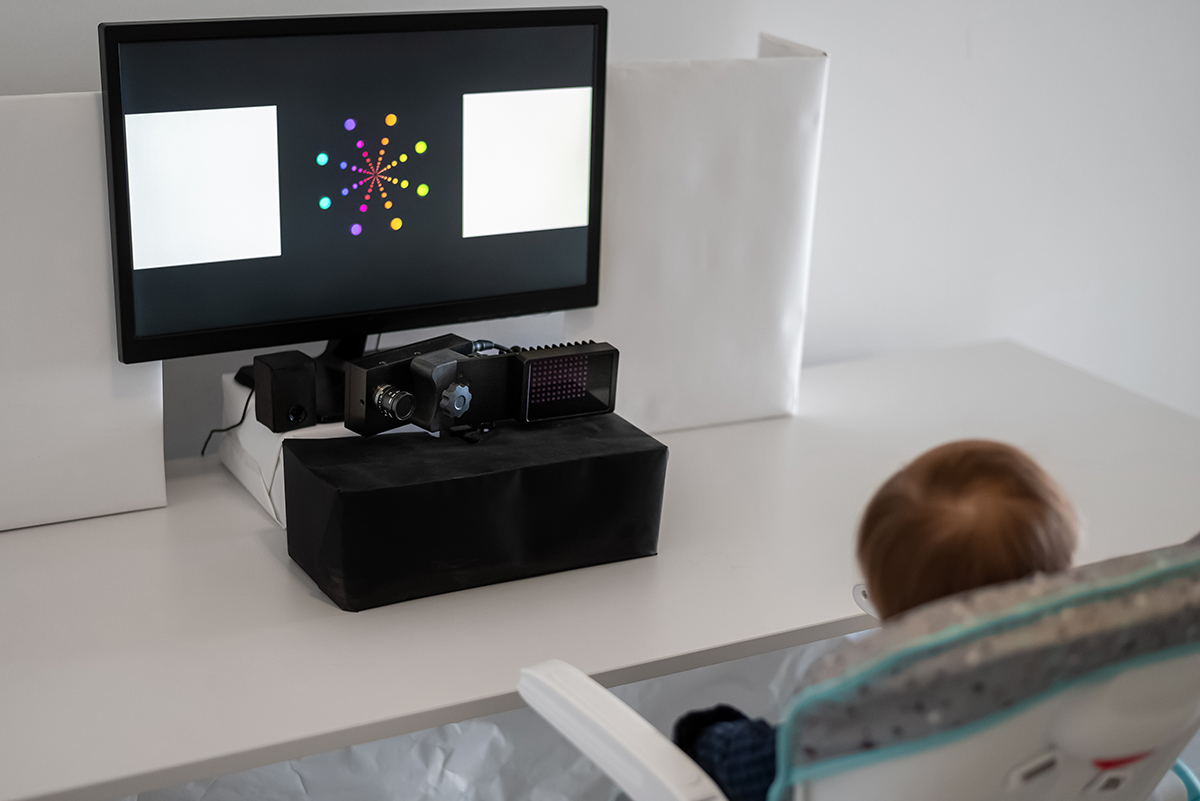
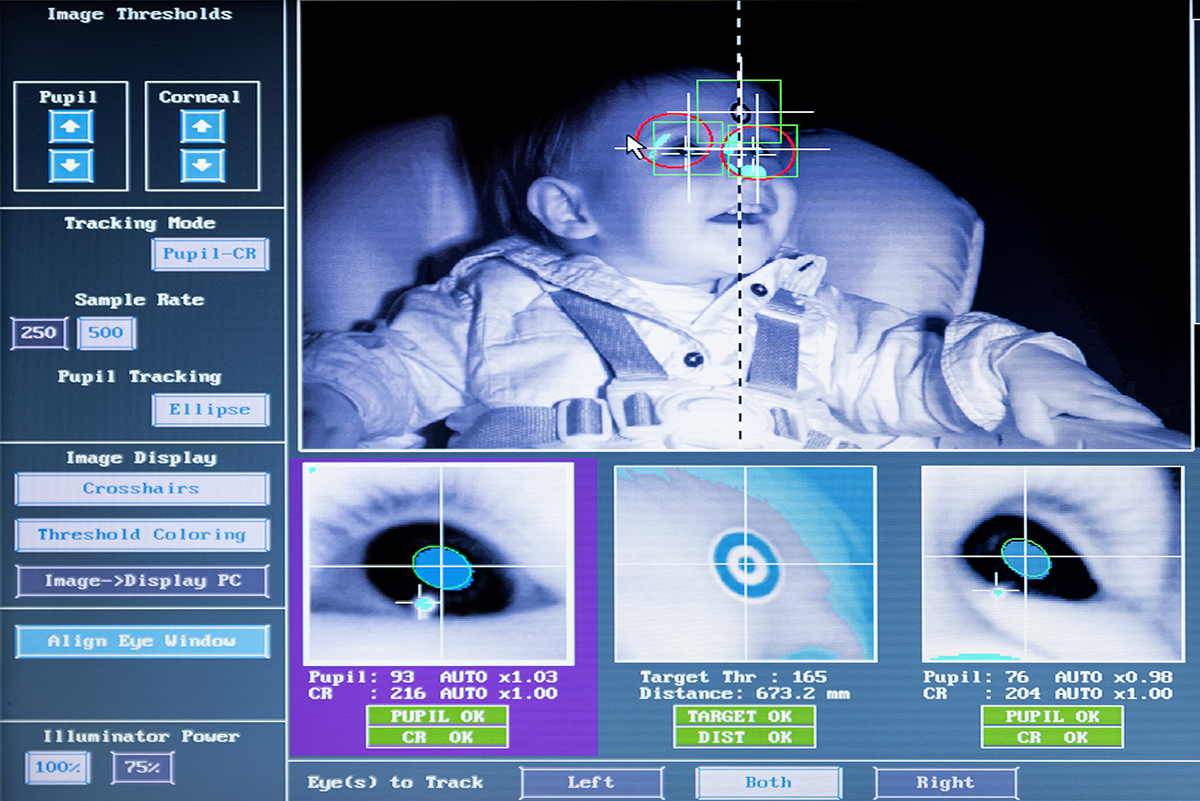
Proyectos actuales
Desarrollo temprano de la atención y autorregulación (proyectos BEXAT y EDEXAT)
Este es un proyecto longitudinal cuyo principal objetivo es comprender el desarrollo temprano de la atención ejecutiva. El proyecto comenzó en 2017 con una muestra de más de 150 bebés que han sido evaluados en diferentes sesiones de prueba desde los 6 meses hasta los 4 años de edad. Este proyecto está proporcionando información valiosa sobre los marcadores cerebrales y cognitivos del desarrollo de la atención y su relación con la autorregulación, así como los factores del temperamento y del entorno que modulan dicho desarrollo.
Financiación
Spanish Research Agency (AEI) – Grant PSI2017-82670-P
Spanish Research Agency (AEI) – Grant PID2020-113996GB-I00
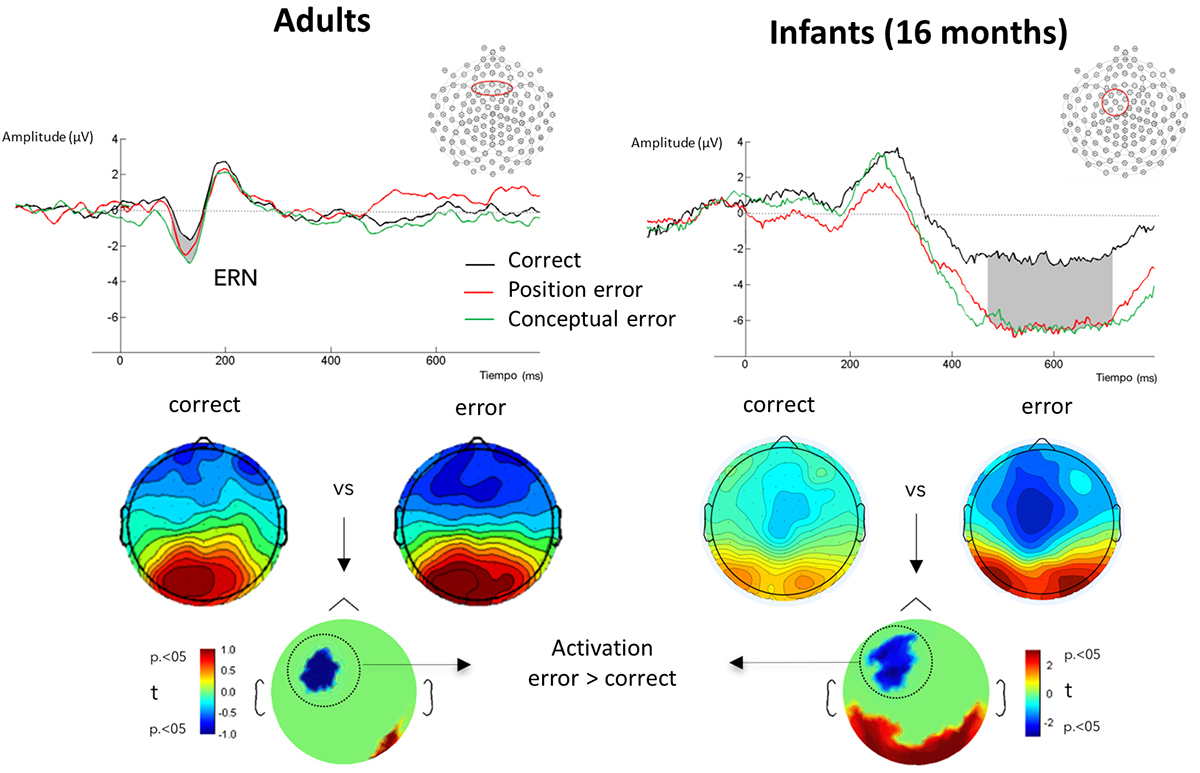
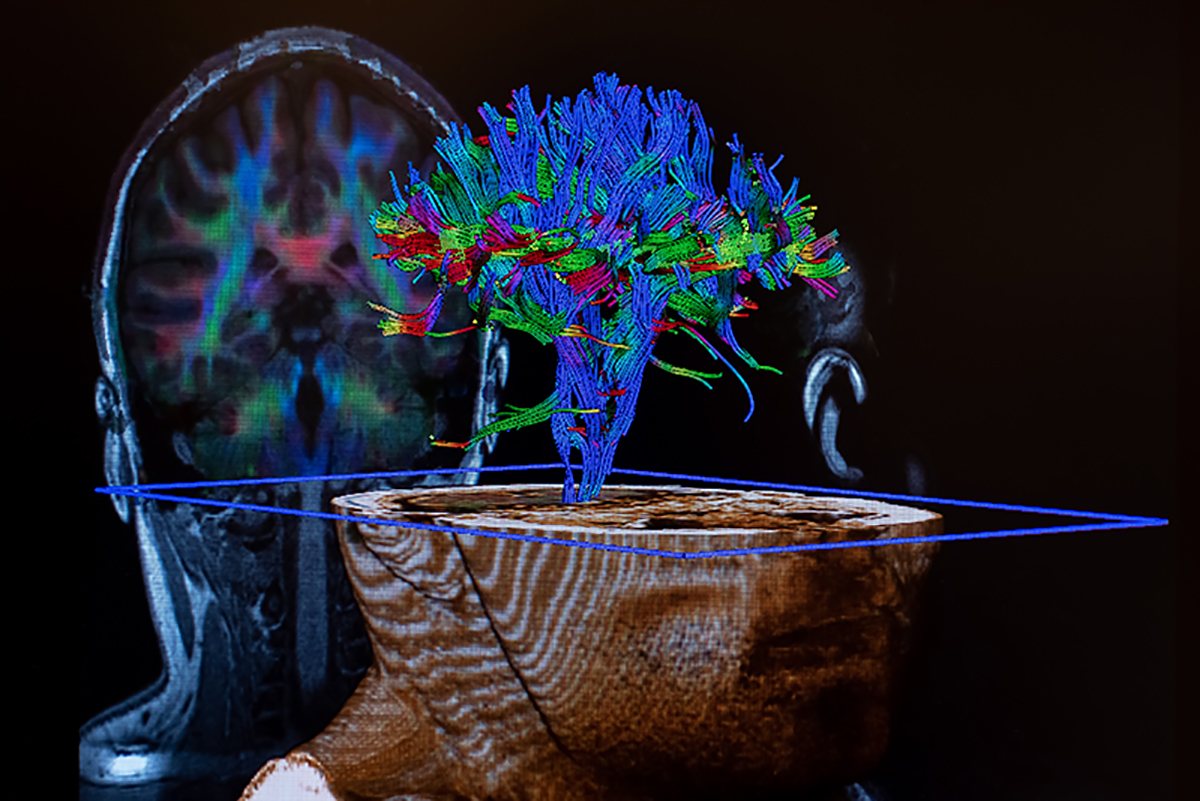
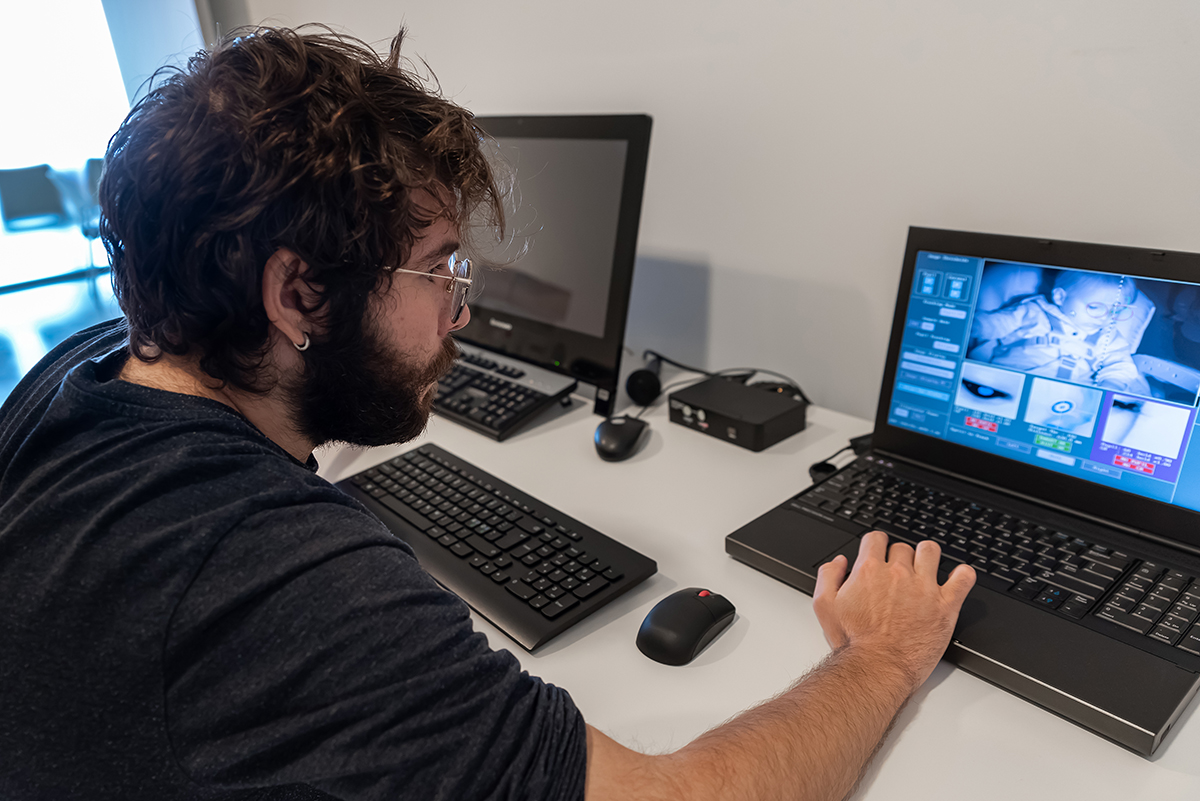
Desarrollo de la atención consciente en bebés: Bases anatómicas y funcionales
En este proyecto analizamos la capacidad de los bebés para detectar cambios locales o globales en secuencias auditivas mediante EEG, y estudiamos los cambios estructurales y funcionales del cerebro (a través de imágenes de RM) que se asocian con la capacidad para integrar la información en el tiempo. El objetivo es analizar las bases cerebrales del desarrollo temprano de la atención consciente.
Proyecto desarrollado en colaboración con la Dra. Ana B. Chica Martínez
Financiación
Junta de Andalucía, Proyectos I+D+i– Ref. P21_00371
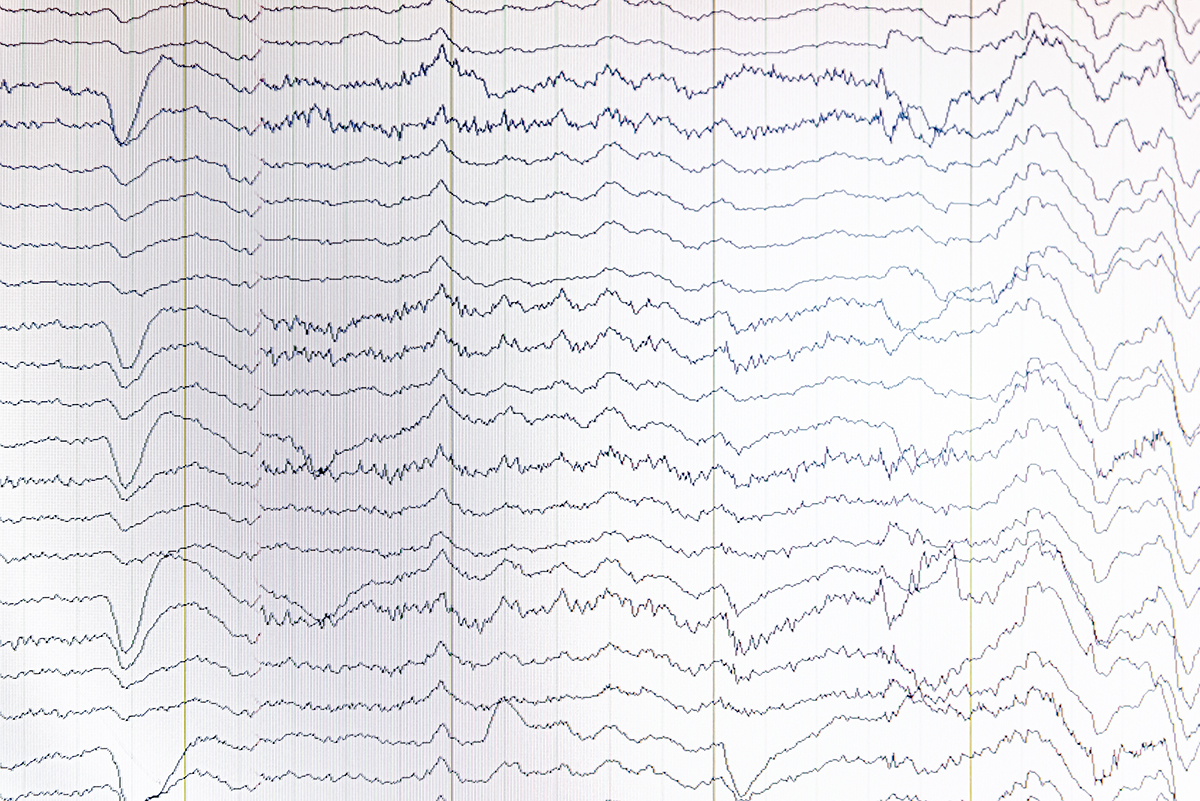
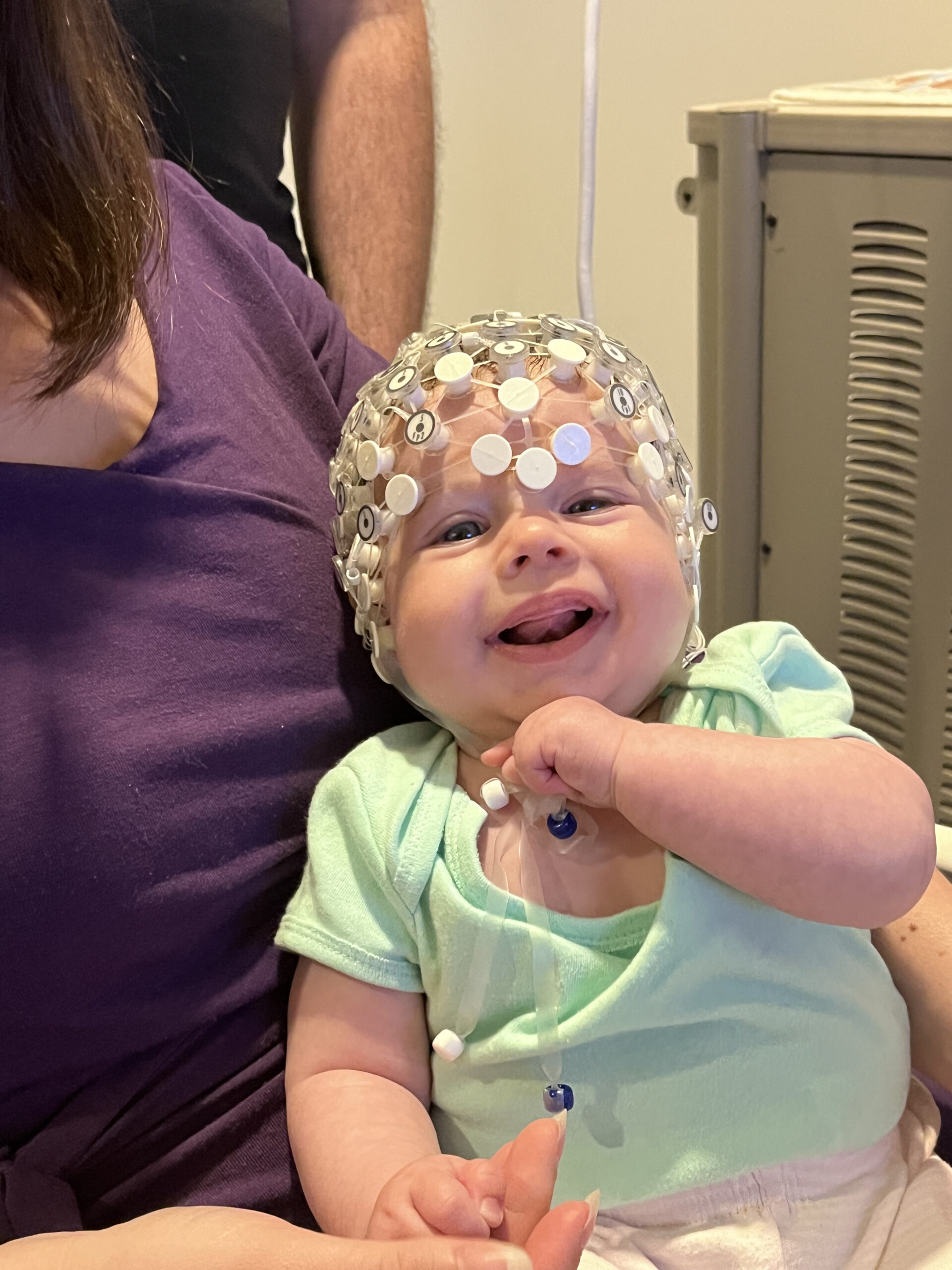
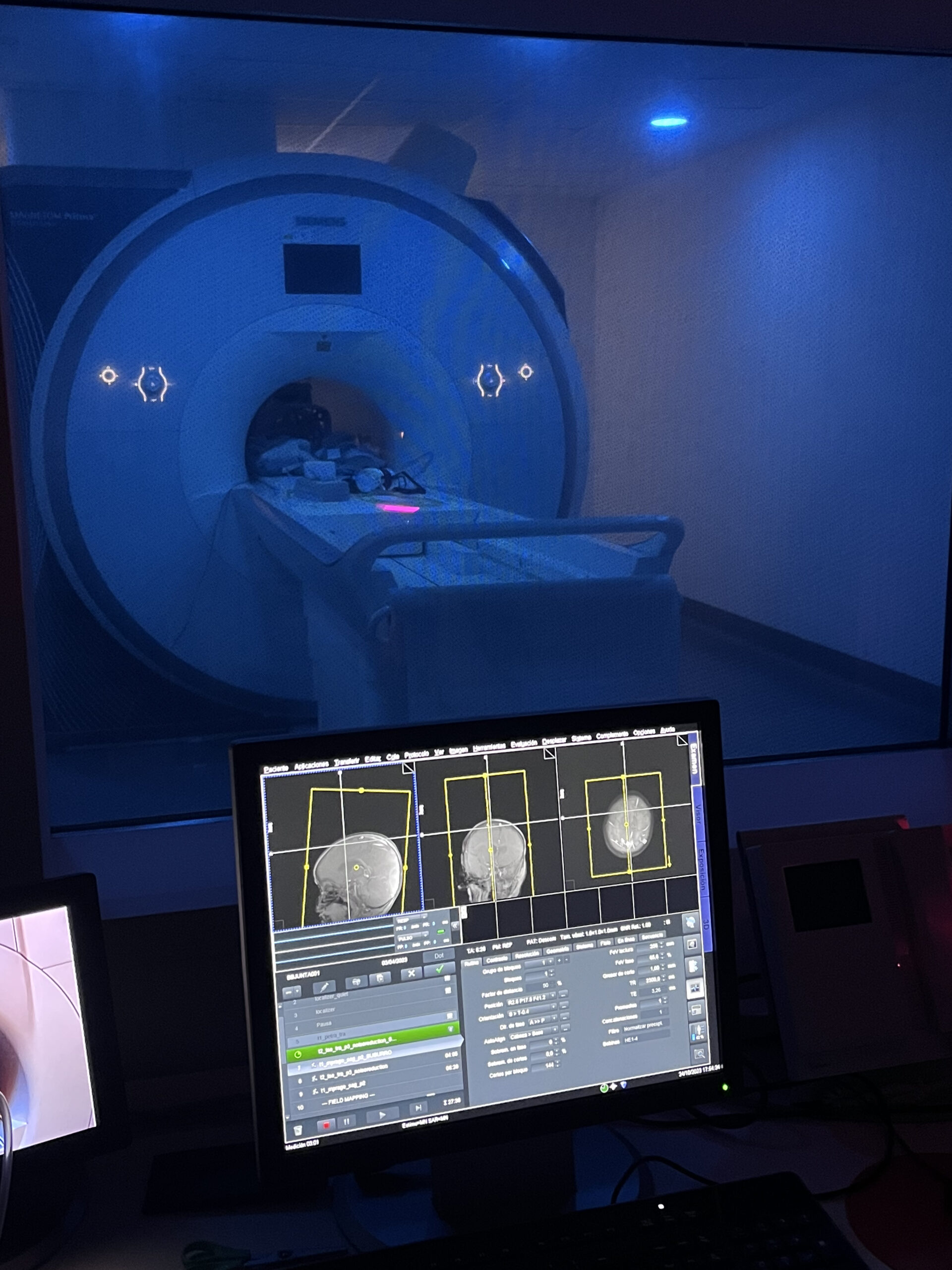
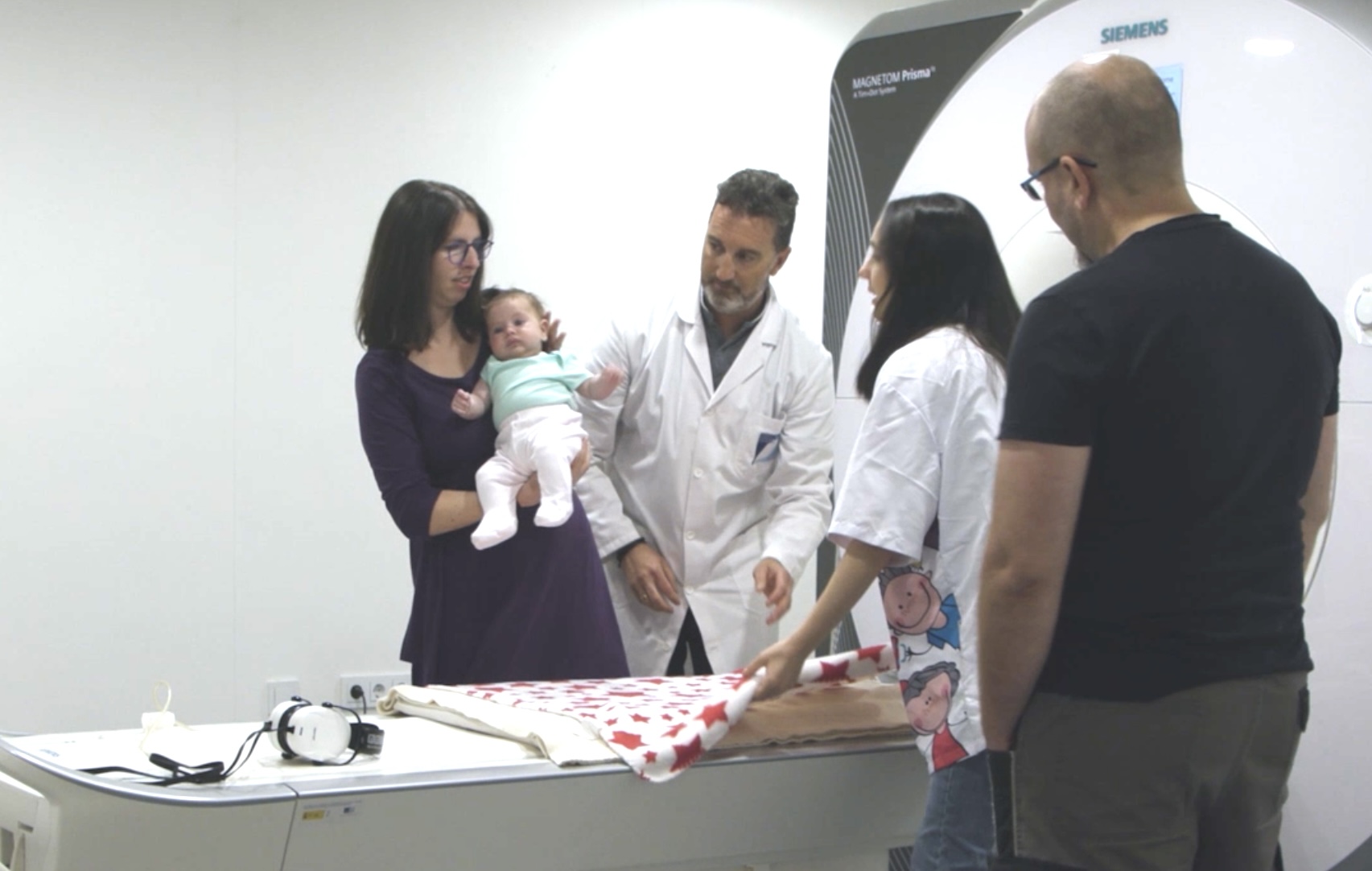
Publicaciones
Rico-Picó, J., Moyano, S., Conejero, A., Hoyo, A., Ballesteros-Duperon, A., & Rueda, M. R. (2023) Early development of electrophysiological activity: Contribution of periodic and aperiodic components of the EEG signal. Psychophysiology, e14360 VIEW
Moyano, S., Rico-Picó, J., Conejero, A., Hoyo, A., Ballesteros-Duperon, A., & Rueda, M. R. (2023) Influence of the environment on the early development of attention control. Infant Behavior and Development, 71: 101842. VIEW
Conejero, A., Rico-Picó, J., Moyano, S., Hoyo, A., & Rueda, M. R. (2023) Predicting behavioral and brain markers of inhibitory control at preschool age from early measures of executive attention. Frontiers in Psychology, 14: 983361. VIEW
Musso, M., Moyano, S., Rico-Picó, J., Conejero, A., Ballesteros-Duperon, A., Cascallar, E.C. & Rueda, M. R. (2023) Predicting effortful control at 3 years of age from measures of attention and home environment in infancy: a machine learning approach. Children, 10: 982 VIEW
Edmunds, S. R., MacNaughton, G. A., Rueda, M. R., Combita, L.M., & Faja, S. (2022). Beyond group differences: Exploring the preliminary signals of target engagement of an executive function training for autistic children. Autism Research, 1–13. VIEW
Rueda, M. R., Moyano, S. & Rico-Picó, J. (2021) Attention: the grounds of self-regulated cognition. WIREs Cognitive Science; e1582 VIEW
Faja, S., Clarkson, T., Gilbert, R., Vaidyanathan, A., Greco, G., Rueda, M. R., Combita, L. M., & Driscoll, K. (2021). A preliminary randomized, controlled trial of executive function training for children with autism spectrum disorder. Autism. VIEW
Rico-Picó, J., Hoyo, A., Guerra, S., Conejero, A., & Rueda, M. R. (2021) Behavioral and brain dynamics of executive control in relation to children’s fluid intelligence. Intelligence, 84, 101513. DOI: VIEW
Rueda, M.R., Cómbita, L.M. & Pozuelos, J.P. (2021) Cognitive training in childhood and adolescence. In: T. Strobach & J. Karbach (Eds.) Cognitive Training. An overview of features and applications. 2nd Edition. Springer: Cham, Switzerland. DOI: VIEW
Conejero, A. & Rueda, M. R. (2023) The Interplay between Socioeconomic Status, Parenting and Temperament Predicts Inhibitory Control at Two Years of Age. Children, 10(6), 1085 VIEW
Rico-Picó, J., Moyano, S., Conejero, A., Hoyo, A., Ballesteros-Duperon, A., & Rueda, M. R. (2023) Early development of electrophysiological activity: Contribution of periodic and aperiodic components of the EEG signal. Psychophysiology, e14360 VIEW
Musso, M., Moyano, S., Rico-Picó, J., Conejero, A., Ballesteros-Duperon, A., Cascallar, E.C. & Rueda, M. R. (2023) Predicting effortful control at 3 years of age from measures of attention and home environment in infancy: a machine learning approach. Children, 10: 982. VIEW
Moyano, S., Rico-Picó, J., Conejero, A., Hoyo, A., Ballesteros-Duperon, A., & Rueda, M. R. (2023) Influence of the environment on the early development of attention control. Infant Behavior and Development, 71: 101842 VIEW
Conejero, A., Rico-Picó, J., Moyano, S., Hoyo, A., & Rueda, M. R. (2023) Predicting behavioral and brain markers of inhibitory control at preschool age from early measures of executive attention. Frontiers in Psychology, 14: 983361 VIEW
Moyano, P.S., Conejero, A., Fernández, M., Serrano, F. & Rueda, M. R. (2022) Development of endogenous control of visual attention in early childhood: Associations with temperament and home environment. Frontiers in Psychology. VIEW
Musso, M., Cascallar, E., Combita, L.M., Rueda, M.R. (2022) Modeling the contribution of genetic variation to cognitive gains following training with a machine learning approach. Mind, Brain and Education, 16: 300-317 VIEW
Edmunds, S. R., MacNaughton, G. A., Rueda, M. R., Combita, L.M., & Faja, S. (2022). Beyond group differences: Exploring the preliminary signals of target engagement of an executive function training for autistic children. Autism Research, 15(7), 1261-1273 VIEW
Rueda, M. R., Moyano, S. & Rico-Picó, J. (2021) Attention: the grounds of self-regulated cognition. WIREs Cognitive Science; e1582 VIEW
Pietto, M. L., Giovannetti, F., Segretin, M.S., Rueda, M. R., Kamienkowski, J. E. & Lipina, S.J. (2021) Conflict-related brain activity after individualized cognitive training in preschoolers from poor homes. Journal of Cognitive Enhancement, 1-34 VIEW
Faja, S., Clarkson, T., Gilbert, R., Vaidyanathan, A., Greco, G., Rueda, M. R., Combita, L. M., & Driscoll, K. (2021). A preliminary randomized, controlled trial of executive function training for children with autism spectrum disorder. Autism, 26(2), 346-360. VIEW
Rico-Picó, J., Hoyo, A., Guerra, S., Conejero, A., & Rueda, M. R. (2021) Behavioral and brain dynamics of executive control in relation to children’s fluid intelligence. Intelligence, 84, 101513. VIEW
Rueda, M.R. (2020) Neuroeducation: Teaching with the brain. JONED Journal of Neuroeducation, 1(1); 108-113. DOI: VIEW
Rueda, M. R. & Conejero, A. (2020) Developing attention and self-regulation in infancy and childhood. In: J. Rubenstein & P. Rakic (Eds.) Neural Circuit and Cognitive Development: Comprehensive Developmental Neuroscience, 2nd Edition. Elsevier: London, UK (Chapter 23; pp. 505-517). DOI: VIEW
Hoyo, A., Rueda, M.R., & Rodriguez-Bailón, R. (2019) Children’s individual differences in executive function and theory of mind in relation to prejudice toward social minorities. Frontiers in Psychology, 10 (2293) VIEW
Pozuelos, J.P., Mead, B. R., Rueda, M. R., & Malinowski, P. (2019) Short-term mindful breath awareness training improves inhibitory control and response monitoring. Progress in Brain Research, 244: 137-163 VIEW
Pozuelos, J.P., Cómbita, L.M., Abundis-Gutiérrez, A., Paz-Alonso, P.M., Conejero A., Guerra, S., & Rueda, M.R. (2019) Metacognitive scaffolding boosts cognitive and neural benefits following executive attention training in children. Developmental Science, 22:e12756: 1-15; DOI: VIEW
Rueda, M.R. (2018) Attention in the heart of intelligence. Trends in Neuroscience and Education, 13: 26-33. DOI: VIEW
Conejero, A. & Rueda, M. R. (2018) Infant temperament and family socio-economic status in relation to the emergence of attention regulation. Scientific Reports, 8(1), 11232. VIEW
Conejero, A., Guerra, S., Abundis-Gutiérrez, A., & Rueda, M. R. (2018) Frontal theta activation associated with error detection in toddlers: Influence of familial socio-economic status. Developmental Science, 21: e12494 VIEW
Rueda, M.R. y Conejero A. (2017) Efectos de la pobreza en el cerebro del bebé. Mente y Cerebro, 85: 48-51
Conejero, A. & Rueda, M. R. (2017) Early Development of Executive Attention. Journal of Child and Adolescent Behaviour, 5: 341 VIEW
Rueda, M. R. (2017) Whither developmental intervention In: B. Hopkins, E. Geangu, & S. Linkenauger (Eds.) The Cambridge Encyclopedia of Child Development, 2nd. Ed. Cambridge University Press: Cambridge, UK; (pp.: 870-875) ISBN: 978- 1- 107- 10341- 2
Cómbita, L. M., Voelker, P., Abundis-Gutiérrez, A., Pozuelos, J. P., & Rueda, M. R. (2017) Influence of the SLC6A3-DAT1 gene on multifaceted measures of self-regulation in preschool children. Frontiers in Psychology, 8:26; VIEW
Rueda, M.R., Cómbita, L.M., & Pozuelos, J.P. (2016) Cognitive training in childhood and adolescence. In: Tilo Strobach & Julia Karbach (Eds.) Cognitive training: An overview of features and applications. Springer (pp.: 33-44) VIEW
Rueda, M. R., Conejero, A., & Guerra, S. (2016) Educar la Atención desde la Neurociencia. Pensamiento Educativo: Revista de Investigación Educacional Latinoamericana, 53 (1): 1-16 VIEW
Rueda, M. R., Defior, S., Paz-Alonso, P.M., & Arnedo, M. (2016) Neurociencia cognitiva del desarrollo. In: T. Bajo Molina, L. J. Fuentes Melero, J. Lupiáñez Castillo, & Ch. Rueda (Coords.) Mente y Cerebro: De la Psicología Experimental a la Neurociencia Cognitiva. Alianza Editorial: Madrid, Spain (pp. 503-530) ISBN: 978-84-9104-233-4
Bajo Molina, T., Fuentes Melero, L. J., Lupiáñez Castillo, J., & Rueda, Charo (Coords.) Mente y Cerebro: De la Psicología Experimental a la Neurociencia Cognitiva. Alianza Editorial: Madrid, Spain, 2016; ISBN: 978-84-9104-233-4
Rueda, M. R., Pozuelos, J. P., Guerra, S., & Paz-Alonso, P. M. (2016) El cerebro en la escuela: Entrenamiento computarizado de habilidades cognitivas. In: Sebastian J. Lipina, Mariano Sigman y Diego Fernandez Slezak (Eds.) Pensar las TIC desde las ciencias cognitivas y la neurociencia. Editorial Gedisa Editorial: BA, Argentina (ISBN: 978-84-16572-39-7)
Rueda, M. R., Pozuelos, J. P., & Combita, L. M. (2015) Cognitive neuroscience of attention: From brain mechanisms to individual differences in efficiency. AIMS Neuroscience, 2 (4): 183-202 VIEW
Pozuelos, J.P., Paz-Alonso, P.M., Castillo, A., Fuentes, L.J., & Rueda, M. R. (2014) Development of attention networks and their interactions in childhood. Developmental Psychology, 50 (10): 2405-2415 VIEW
Checa, P., Castellanos, M. C., Abundis-Gutiérrez, A., & Rueda, M. R. (2014) Development of neural mechanisms of conflict and error processing during childhood: Implications for self-regulation. Frontiers in Psychology, 5:326 VIEW
Abundis-Guitiérrez, A., Checa, P., Castellanos, C., & Rueda, M. R. (2014) Electrophysiological correlates of attention networks in childhood and early adulthood. Neuropsychologia, 57: 78-92 VIEW
Posner, M. I., Rothbart, M. K., & Rueda, M. R. (2014) Developing attention and self-regulation in childhood. In: K. Nobre & S. Kastner (Eds.) The Oxford Handbook of Attention. Oxford, UK: Oxford University Press (pp.541-569; Chapter 19). [ISBN: 978–0–19–967511–1]
Rueda, M. R. (2014). Development of attention. In: K. Ochsner & S. Kosslyn (Eds.) The Oxford Handbook of Cognitive Neuroscience (pp. 296-318; Chapter 15). New York: Oxford University Press. [ISBN: 978–0–19–538159–7]
Rueda, M. R. & Posner, M. I. (2013) Development of Attention Networks. In: P.D. Zelazo (Ed.) The Oxford Handbook of Developmental Psychology (pp. 683-705; Chapter 24). Oxford University Press. [ISBN: 978–0–19–995845–0]
Posner, M. I., Rothbart, M. K., & Rueda, M. R. (2013) Developing attention and self-regulation in infancy and childhood. In: J. Rubenstein & P. Rakic (Eds.) Neural Circuit Development and Function in the Brain: Comprehensive Developmental Neuroscience, Vol.3. Elsevier Science (Chapter 59; pp. 395-412). [ISBN: 978-0-12-397267-5]
Rueda, M.R., Paz-Alonso, P.M. (2013) Executive function and emotional development. J.B. Morton, (Topic ed.) In: R.E. Tremblay, M. Boivin & R.deV. Peters (Eds.) Encyclopedia on Early Childhood Development [online]. Montreal, Quebec: Centre of Excellence for Early Childhood Development and Strategic and Knowledge Cluster on Early Child Development (pp. 1-7). Available at: VIEW
Rueda, M. R. & Cómbita, L. M. (2013) The nature and nurture of executive attention development. In: Karr, B. (Eds.) Cognition and Brain Development: Converging Evidence from Various Methodologies (pp. 33-59) APA: Brain Development Series. VIEW
Rueda, M. R. (2012). Effortful Control. In: M. Zentner & R. Shiner (Eds.) Handbook of Temperament (pp. 145-167, Chapter 8). New York: Guilford Press. ISBN: 978-1-4625-0648-4
Rueda, M. R. & Cómbita, L. M. (2012) Best practices in the development of effortful control in early childhood. In: Tremblay, R. E., Boivin, M., Peters R. DeV. (Eds.) Encyclopedia on Early Childhood Development [online]. Montreal, Quebec: Centre of Excellence for Early Childhood Development; 1-7. Available at: VIEW
Rueda, M. R., Checa, P. & Cómbita, L. M. (2012) Enhanced efficiency of the executive attention network after training in preschool children: Immediate changes and effects after two months. Developmental Cognitive Neuroscience, 2S: S192-S204
Posner, M. I., Rothbart, M. K. & Rueda, M. R. Desarrollo de la auto-regulación y el desempeño escolar (2011) En: S. Lipina & M. Sigman (Eds.) La pizarra de Babel: Puentes entre neurociencia, psicología y educación. Buenos Aires, Argentina: Libros del Zorzal (pp.133-152). ISBN: 978-987-599-196-5
Checa, P. & Rueda, M. R. (2011) Behavioral and brain measures of attention control predict schooling competence in late childhood. Developmental Neuropsychology, 36(8): 1-15
Rothbart, M. K., Sheese, B. E., Rueda, M. R. & Posner, M. I. (2011) Developing mechanisms of self-regulation in early life. Emotion Review, 3(2): 207- 213. VIEW
Rueda, M.R., Posner, M.I & Rothbart, M. K. (2011) Attentional control and self-regulation. In: K.D. Vohs & R.F. Baumiester (Eds.) Handbook of Self-regulation 2nd Edition: Research, Theory and Applications. New York: Guilford Press. (pp. 284-299) ISBN 978-1-60623-948-3
Rueda, M.R. Checa, P. & Rothbart, M. K. (2010) Contributions of attentional control to socioemotional and academic development. Early Education and Development, 21(5): 744-764. VIEW
Posner, M.I., Rothbart, M. K., Rueda, M. R. & Tang, Y. (2010) Training effortless attention. In: B. Bruya (Ed.) Effortless Attention: A New Perspective in the Cognitive Science of Attention and Action. MIT Press (pp. 410-424)
Rueda, M.R. (2010) Using the brain to understand the developing mind: Commentary on the article “Where Developmental Psychology and Neuroscience meet: A threatening or a felicitous encounter?” by María José Rodrigo. Infancia y Aprendizaje, 33 (1): 35-39.
Rueda, M. R. & Rothbart, M. K. (2009) Influence of Temperament on the Development of Coping. In E. A. Skinner & M. J. Zimmer-Gembeck (Eds.), Coping and the Development of Regulation. New Directions in Child and Adolescent Development, 124, pp. 19-31. San Francisco: Jossey-Bass. VIEW
Rothbart, M.K., Posner, M.I., Rueda, M. R., Sheese, B.E. & Tang, Y. (2009) Enhancing Self-Regulation in School and Clinic. In: D. Cicchetti & M. Gunnar (Eds.) Minnesota Symposium on Child Psychology Vol. 35: Meeting the challenge of translational research in Child Psychology. Hoboken N.J.: John Wiley. (pp. 115-157)
Checa, P., Rodriguez-Bailon, R. & Rueda, M. R. (2008) Neurocognitive and temperamental systems of self-regulation and early adolescents’ social and academic outcomes. Mind, Brain & Education, 2(4): 177-187
Posner, M. I., Rothbart, M. K. & Rueda M. R. (2008) Brain mechanisms and learning of high-level skills. In: A.M. Battro, K.W. Fisher and P. J. Léna (Eds.), The Educated Brain. Essays in Neuroeducation. (pp. 151-165) Cambridge, UK: Cambridge University Press. (ISBN: 978-0-521-87673-5)
Rueda, M. R., Acosta, A., & Santonja, M. (2007). Attention and motivation interdependence in self-regulation. A neurocognitive approach. In L. V. Brown (Ed.), Psychology of motivation (pp. 29-45). Hauppauge, NY, US: Nova Science Publishers.
Simonds, J., Kieras, J. E., Rueda, M. R., & Rothbart, M. K. (2007) Effortful control, executive attention and emotional regulation in 7-10 years old children. Cognitive Development, 22(4): 474-488.
Posner, M. I., Rueda, M. R. & Kanske, P. (2007) Probing the mechanisms of attention. In: J.T. Cacioppo, J.G. Tassinary & G.G. Berntson (Eds.) Handbook of Psychophysiology. 3er Edition. Cambridge, UK: Cambridge University Press. Pp: 410-432.
Rueda, M. R., Rothbart, M. K., Saccomanno, L. & Posner, M. I. (2007) Modifying brain networks underlying self-regulation. In: D. Romer & E.F. Walker (Eds.) Adolescent Psychopathology and the Developing Brain. Integrating Brain and Prevention Science. New York, NY: Oxford University Press. (pp. 401-419)
Rothbart, M. K. & Rueda, M. R. (2005) The development of effortful control. In: U. Mayr, E. Awh and S. W. Keele (Eds.) Developing individuality in the human brain: A tribute to Michael I. Posner. Washington, DC: American Psychological Association. Pp: 167-188. (ISBN: 1-59147-210-5).
Rueda, M. R., Fuentes, L. J., Holtz, F. C. & Kanske, P. (2005) La red de alerta: componentes fásicos (preparación) y tónicos (vigilancia). In: Atención y Procesamiento. Valencia: Fundación Universidad-Empresa.
Rueda, M. R., Posner, M. I. & Rothbart, M. K. (2005) The Development of Executive Attention: contributions to the emergence of Self-Regulation. Developmental Neuropsychology, 28(2): 573-594.
Rueda, M. R., Rothbart, M. K., McCandliss, B. D., Saccomanno, L. & Posner, M. I. (2005) Training, maturation and genetic influences on the development of executive attention. Proceedings of the National Academy of Sciences of the USA, 102(41): 14931-14936.
Rueda, M. R., Fan, J., McCandliss, B. D., Halparin, J., Gruber, D., Pappert, L. & Posner, M. I. (2004) Development of attentional networks in childhood. Neuropsycologia, 42: 1029-1040.
Rueda, M. R., Posner, M. I., Rothbart, M. K., & Davis-Stober, C. P. (2004). Development of the time course for conflict processing. An event-related potentials study with 4 year olds and adults. BMC Neuroscience, 5: 39. VIEW
Rueda, M. R., Posner, M. I., & Rothbart, M. K. (2004) Attentional control and self-regulation. In: R.F. Baumiester & K.D. Vohs (Eds) Handbook of Self-regulation Research. New York: Guilford Press, pp. 283–300 (Chapter 14)
Rothbart, M. K., Ellis, L. K., Rueda, M. R., & Posner, M. I. (2003). Developing mechanisms of conflict resolution. Journal of Personality, 71(6): 1113-1143.
Posner, M. I. & Rueda, M. R. (2002). Mental chronometry in the study of individual and group differences. Journal of Clinical and Experimental Neuropsychology, 24: 968-976
Rueda, M. R., y Tudela, P. (2001). Inhibición, un mecanismo para la selección y el control atencional. In: C. Méndez, D. Ponte, L. Jimenez y M.J. Sampedro (Eds.) La Atención: Un enfoque pluridisciplinar, Vol II. Valencia: Promolibro. ISBN: 84-7986406-0.
Lupiáñez, J., Rueda, M. R., Ruz, M. y Tudela, P. (2000). Processing of attended and ignored parafoveal words: semantic processing and inhibition. Psicológica, 21: 233-257.
Rueda, M. R., Tudela, P. y Lupiáñez, J. (2000). Efecto de facilitación semántica en la tarea Stroop. Implicaciones para el estudio del control atencional. Psicothema, 12(2): 221:227
Divulgación
TEDx Talk: La atención es el corazón de la inteligencia
FUNDACIÓN JUAN MARCH: La lucha por nuestra atención
Entrevista a Charo Rueda – ConCiencia Magazine Andalucía TV
3,2,1 UGR responde: impacto de la exposición a la violencia en el desarrollo infantil
Libro
Educar la atención con cerebro – Alianza Editorial
¿Quieres saber qué es la atención y cómo educarla? Al leer este libro, aprenderás qué es la atención y cómo se estudia en el laboratorio, así como la base cerebral de esta importante función cognitiva. El libro también explica los factores que contribuyen a las diferencias individuales en la eficiencia atencional, la importancia de esta función para el ajuste socioemocional y el rendimiento académico.
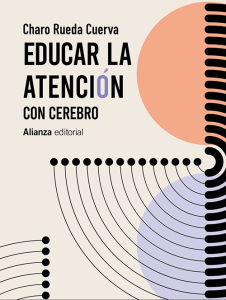
En los medios
Artículo en Ciencia Cognitiva: Desarrollo de la atención en el primer año de vida
Artículo en The Conversation: La conversación puede transformar el mundo
Artículo en InfoLibre: Un estudio apunta que reducir la pobreza mejora la actividad cerebral en la infancia
Entrevista para la agencia SINC: Con la atención se puede ‘hackear” la mente de las personas y cómo conducen sus vidas
Entrevista a Charo Rueda en El diario de la Educación: El cerebro del alumnado tendrá unas habilidades que se determinan, en gran medida, por la educación que recibe
Entrevista a Charo Rueda en Ideal: Lo grave de “El juego del calamar” es que la violencia se pone en un contexto infantil
Transferencia

Neuromindset es una Spin-off certificada de la Universidad de Granada vinculada al Laboratorio de Neurociencia Cognitiva del Desarrollo. Neuromindset se especializa en el desarrollo de herramientas basadas en la ciencia para ayudar a padres y educadores a impulsar el desarrollo cerebral, la atención, la autorregulación y las habilidades socioemocionales de los niños.

Contacto
Si estás interesado en participar en estudios realizados en nuestro laboratorio, o si deseas escribirnos por cualquier otro motivo, utiliza cualquiera de los siguientes medios:
labncd@ugr.es
Teléfono
+34 695937900
Ubicación laboratorio
El laboratorio está ubicado en el piso 0 del CIMCYC. Sala: Laboratorio 24
Ubicación CIMCYC
Campus de Cartuja s/n, 19071 Granada, España
